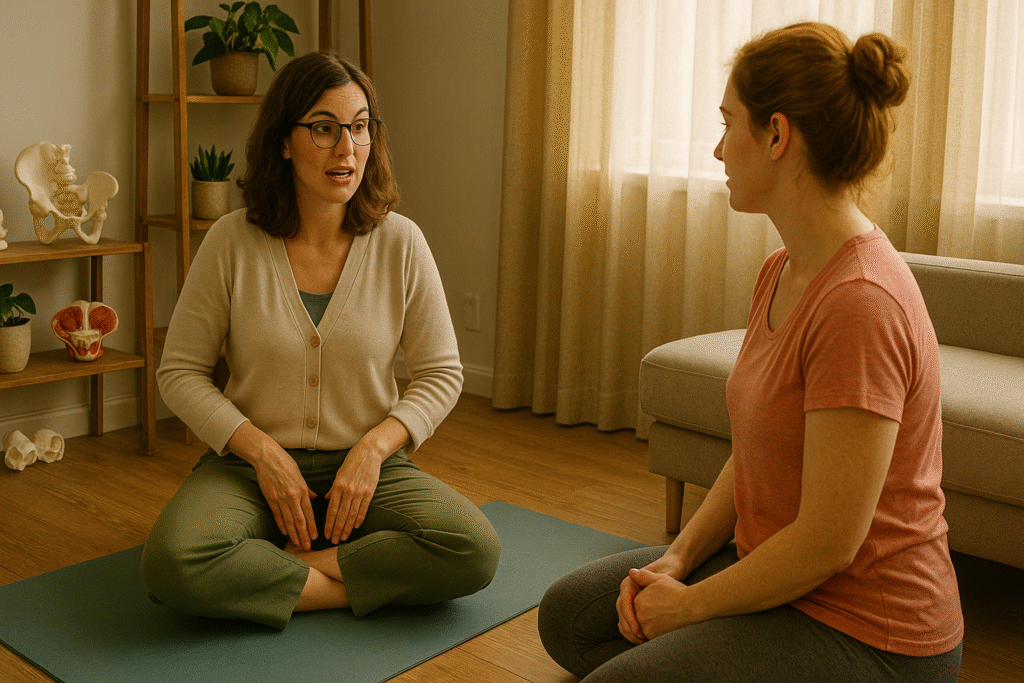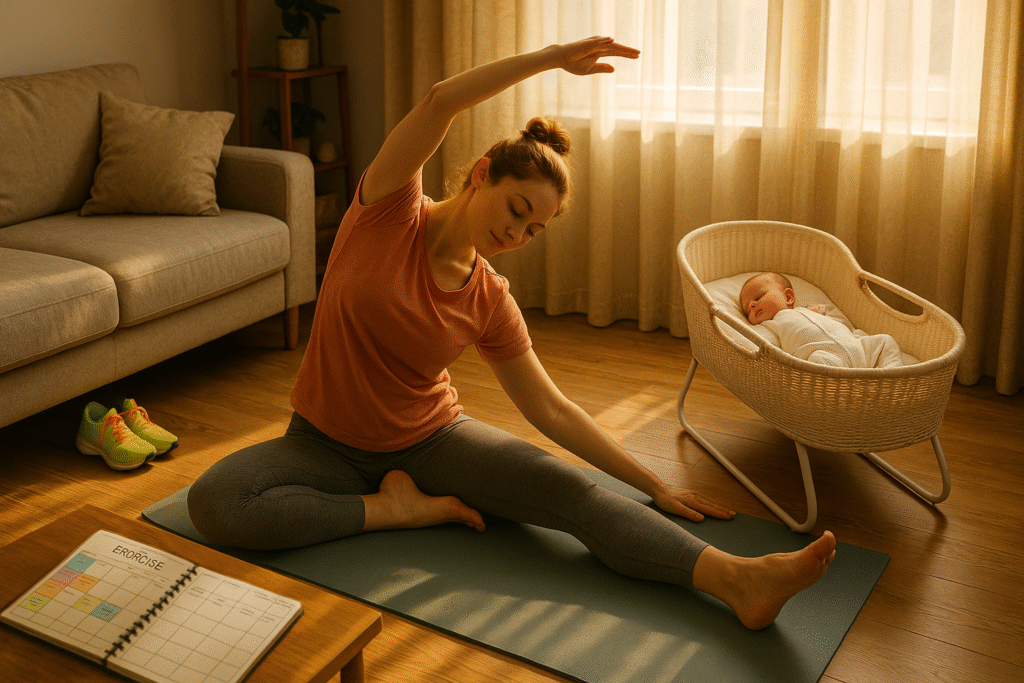Becoming a mother is a mixture of uncertainty, preparation and joy. When I was expecting my first son in 2011, I was so excited about the prospect of starting a family, but I was overwhelmed and underprepared for the postpartum season of my life. My delivery was pretty smooth. It was a vaginal delivery with an episiotomy (pre-cut to the perineum) and an epidural. However, while still in the hospital, I started experiencing postpartum anxiety. My emotions were high, just like my angst. I cried twice before even leaving the hospital. My body felt funny, my brain was foggy, yet I was expected to be overjoyed because my child was healthy. It took both my husband and me to change diapers, care for the belly button or give him baths. Yikes! How was I going to take care of my newborn when my husband had to go back to work? When he did go back to work, I was feeling a bit more confident that I could keep my child alive until he came home.
After a few weeks of sleepless nights, busy days and feeling overwhelmed, I cracked. I had a full-on panic attack. It felt like there was an elephant on my chest, I was lightheaded and I had an overwhelming feeling that I was going to die. What about my baby? What would happen to him?
I thought I could fix things by eating better, exercising more and trying to sleep while my baby slept but things were not changing. Now it was time for me to go back to work. I decided to talk to my healthcare provider. She prescribed an anti-depressant and referred me to a mental health provider. I thought I was weak because I couldn’t fix things on my own. It turns out that 1 in 5 women suffer from a maternal mental health disorder, and I am the 1 in 5. Fortunately, after a few weeks under treatment I started feeling better.

Why am I sharing this?
I want you to know that if you are in this situation, you are not alone. There are things you can do to help, such as diaphragmatic breathing (see my post on breathing here), eating nutritious meals, taking supplements and doing gentle daily movement. There are some good online resources available; here are two:
Hopefully soon, in-person support groups dedicated to maternal wellness and health will once again be available. Support groups will make you feel less alone.
Because good quality sleep is vital to wellbeing and is an important tool for dealing with mental health and physical health, I invite you to join me in a discussion on sleeping for optimal wellbeing. I will be teaming up with Luna Acupuncture on Thursday, June 25, 2020 at 6 PM (MST). You will learn how sleep can improve your immune system and mental health. You will also learn the top 3 moves for improving your sleep. Join us! To reserve your spot and receive the FREE Thrive Sleep hygiene guide click here.
Substance Abuse and Mental Health Services Administration Disaster Distress Helpline
The distress line can provide immediate counseling to anyone who needs help in coping with the mental or emotional effects caused by the Coronavirus pandemic. 1-800-985-5990
To schedule an appointment with Thrive Pelvic Health and Wellness click here.






